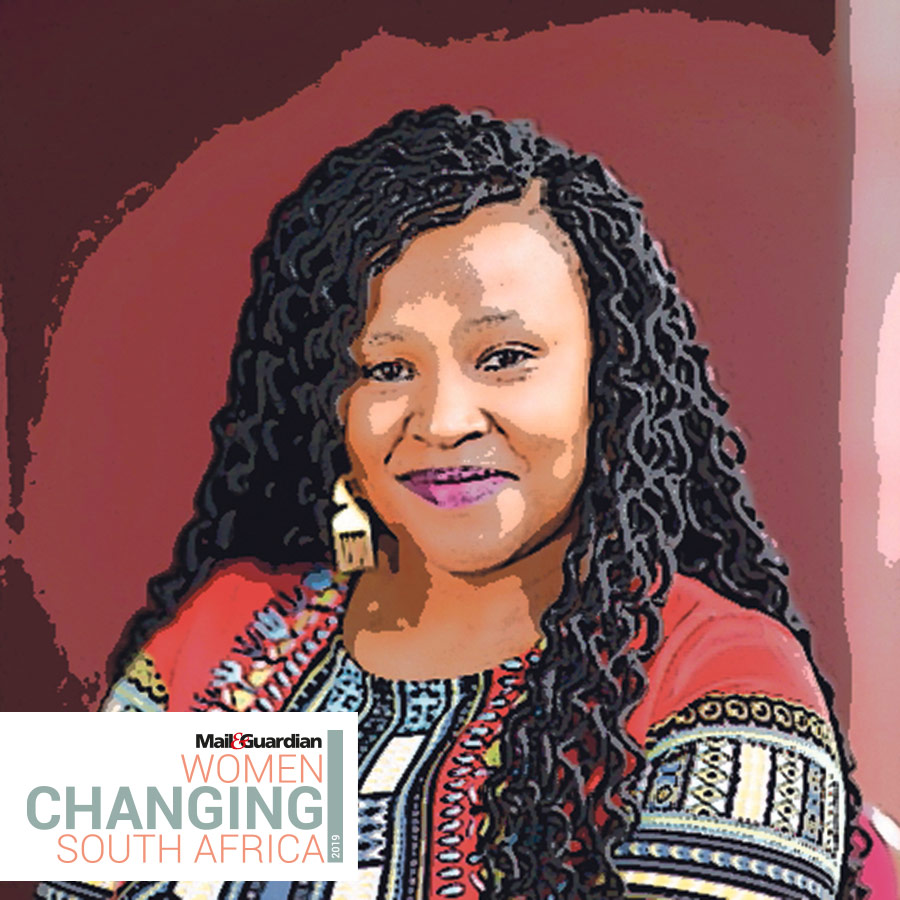| Founder — Afrobotanics and Girl Boss SA |
I’m working towards an African renaissance: how I organise my business, buying from female-owned cooperatives, things like these are what drives me every day.
Ntombenhle Khathwane graduated from university in the late 1990s and was caught up in the heady days of a vision for an African renaissance. She started working in government in the hopes of building the continent, but soon felt like she was not making the impact she wanted — studying politics was vastly different to its application.
She points to Nelspruit, her hometown in Mpumalanga as an example. It appears to have had massive growth in the last 25 years, but Khathwane says the patterns of economic ownership have hardly changed. Black people can only aspire to work in government or receive a public tender.
When considering her options in the private sector, Khathwane wanted something different to the black woman stereotype of a salon owner or a dressmaker. She was inspired by her grandmother, a traditional healer, to be part of cultural preservation, and established a hair and beauty brand.
“Black women consume so much but own so little; manufacturing is so difficult,” Khathwane comments. She struggled at first to convince major retailers to display her products — this took her four years. She adds that the easiest way to succeed in business is to know the right people, which she did not, coming from a different background.
“Retail tends to want to dictate to women what they must buy,” she says, and retailers did not want to accept her natural hair products at first. “I have never allowed gender disparities to keep me down; I’ve learned to position myself in a compelling way,” Khathwane explains.
She says retailers are starting to see the value of stocking her natural hair products, even if they don’t understand them. Khathwane now employs 17 people at her factory in Midrand, and is passionate about sharing her journey in manufacturing and marketing with other aspirant businesspeople.
She says that information about the retail sector is not readily available and if people had more content available about concepts such as trading terms, they would make different decisions.
Khathwane adds that businesses don’t have to wait until they’re big to find black suppliers.
— Tehilla Niselow
Podcast: @AfricanWomenRockPodcast

